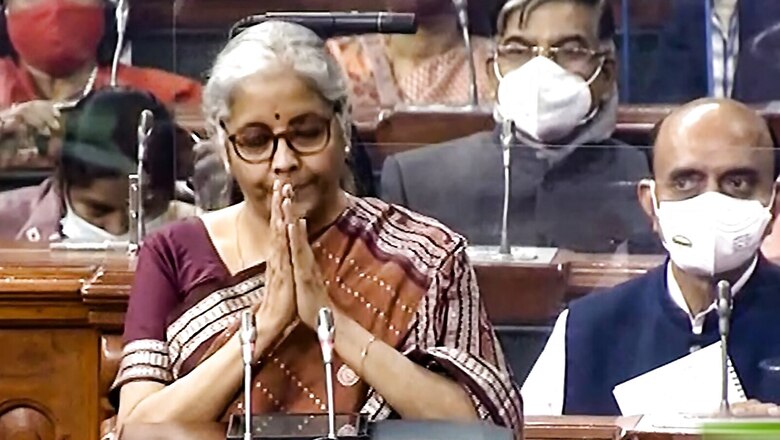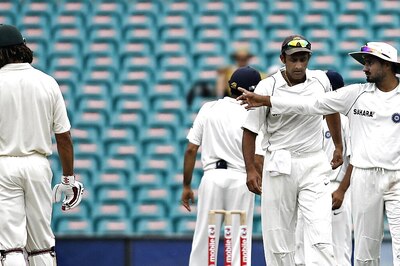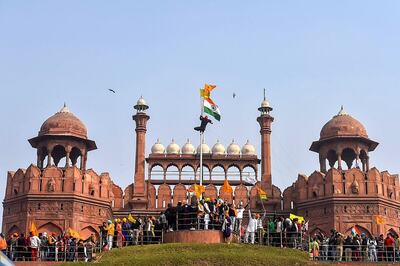
views
Union Finance Minister Nirmala Sitharaman, during her budget speech in the Parliament on taxation, made a reference to the Mahabharata, reciting a shloka or verse from the Shanti Parva, translated in English.
“I have brought in a little verse from the Mahabharata, I will not recite the entire verse as I would like to focus on my speech,” the FM said.
“The king must make arrangements for the yogak kshema, that is the welfare of the populace, by abandoning any laxity, and by governing the state in line with that mark, along by correcting taxes, which are in consonance with Dharma,” Sitharaman said. The Finance Minister said the verse was from the Shanti Parva of the Mahabharata, shloka 11:72.
With that, the FM proposed more direct tax reforms.
The Shanti Parva, or “Book of Peace,” is the twelfth of the Indian Epic Mahabharata’s eighteen books. It usually has three sub-books and 365 chapters. The critical edition consists of three sub-books and 353 chapters. It is the epic’s longest book, at eighteen books long.
The story begins after the war is over, when both sides have accepted peace and Yudhishthira takes over the Pandava kingdom. The Shanti parva recites the ruler’s duties, dharma, and good governance as advised by the dying Bhishma and other Rishis. The parva contains many symbolic stories, such as “starving and vegetarian Vishvamitra stealing meat during a famine,” as well as fables like “the fowler and pigeons.”
This is not the first time the Finance Minister had recited couplets during her budget speech. In her last budget speech, she had invoked legendary poets once again by including their verses. Sitharaman had read out a couplet by Rabindranath Tagore: “Faith is the bird that feels the light/and sings when the dawn is still dark.”
The lines were from Tagore’s poem titled Fireflies, translated from bilingual Lekhan (1926). “My fancies are fireflies,-/ Specks of living light/twinkling in the dark,” reads the first verse, according to reports. The poet wrote it during his stay in Balatonfüred, Hungary, as he mentions in the poem’s introduction, while undergoing treatment for heart disease.
Sitharaman had also recited a couplet from Thirukkural: “A King/Ruler is the one who creates and acquires wealth,/protects and distributes it for common good.”
Thiruvalluvar wrote this from the classic Tamil text, which consists of 1,330 short couplets of seven words each, divided into 133 chapters. The text is divided into three books, each of which contains teachings on virtue, wealth, and love.
Read all the Latest India News here




















Comments
0 comment